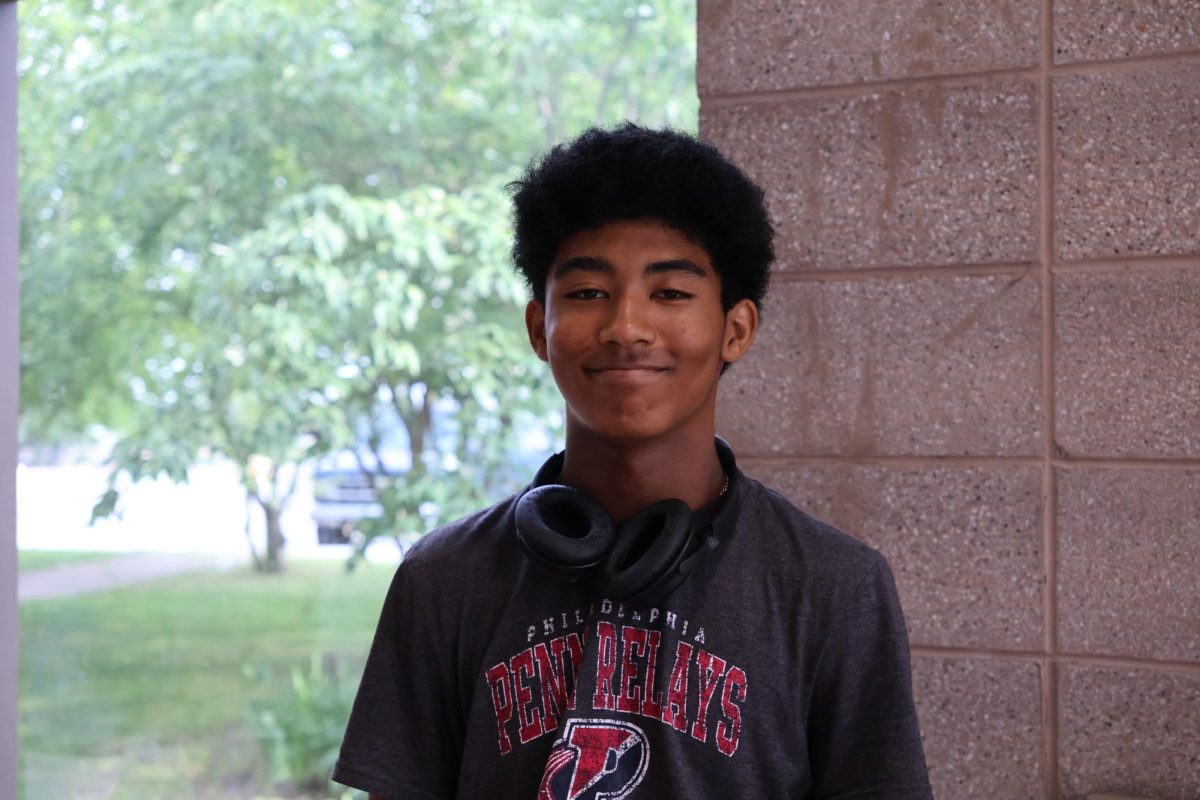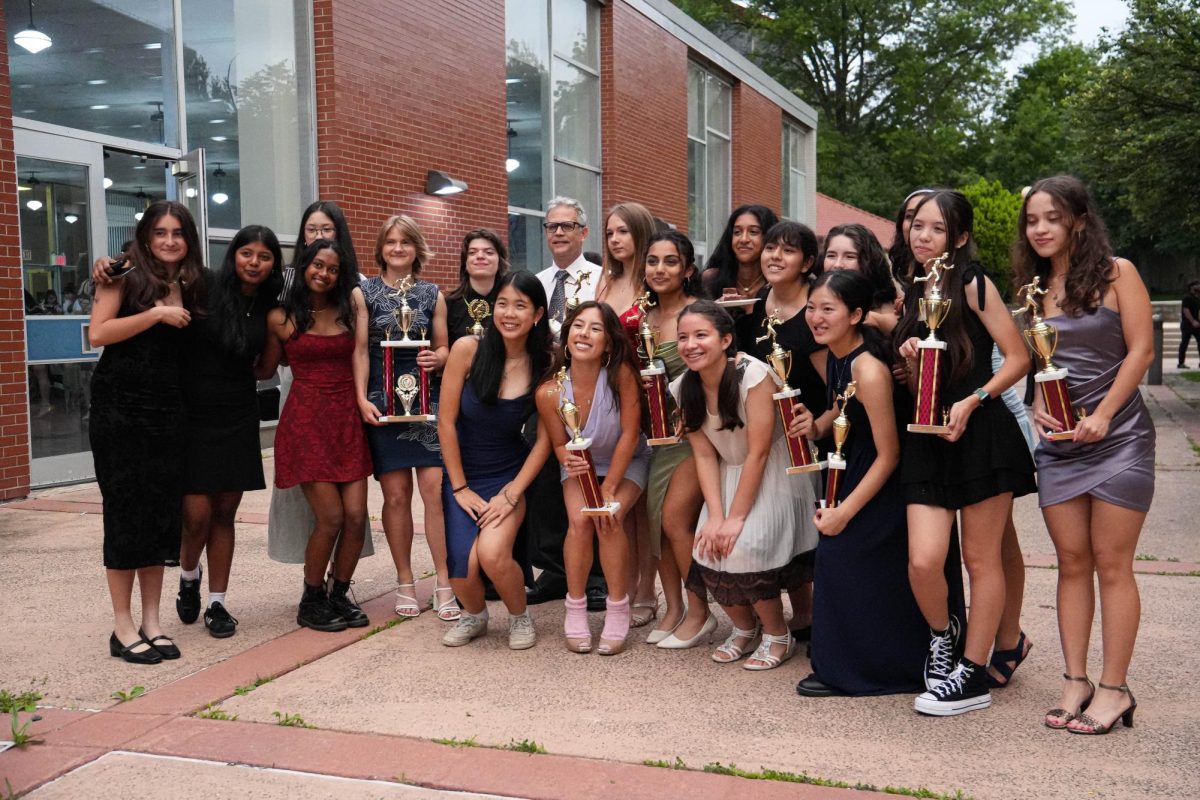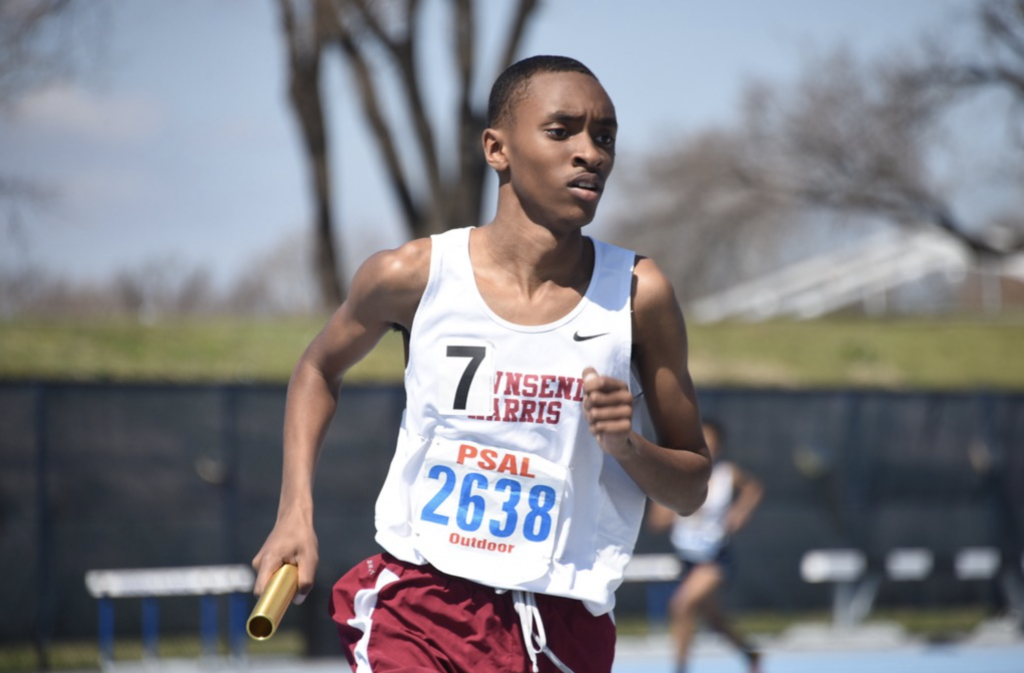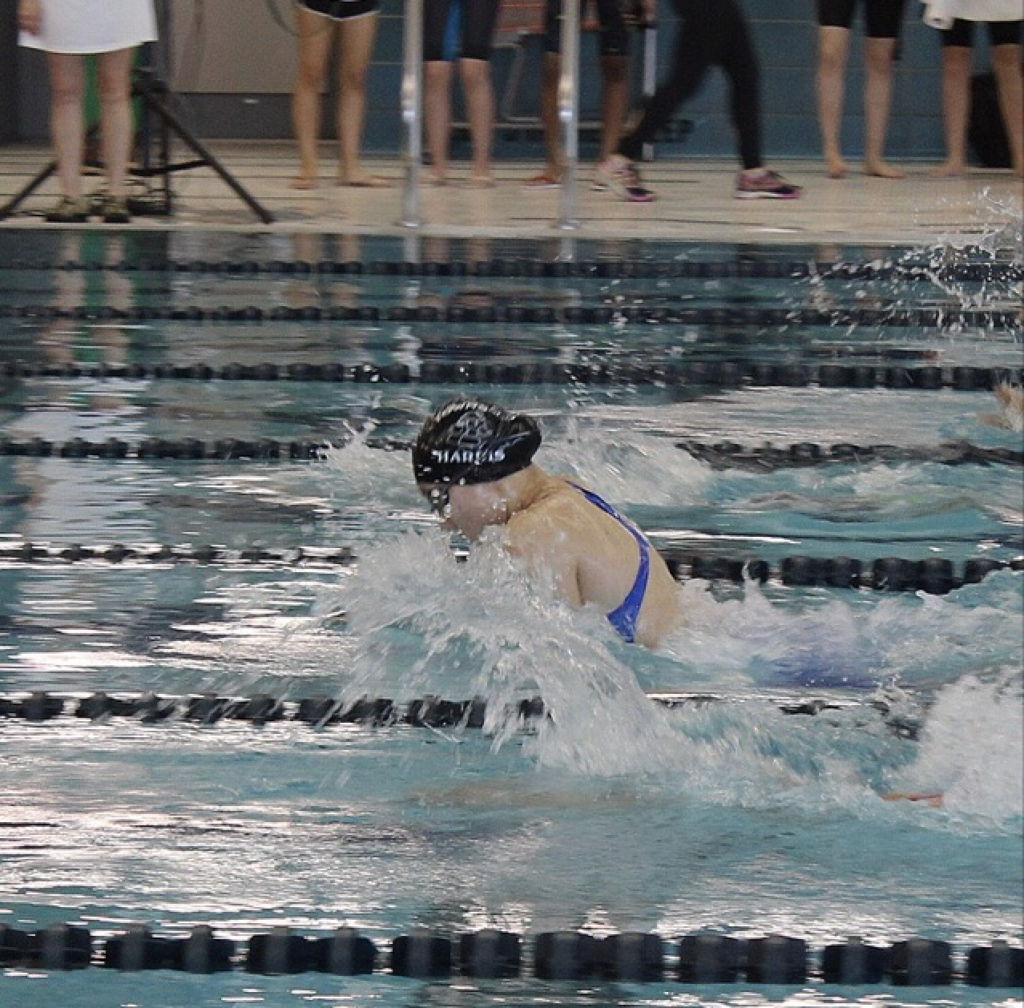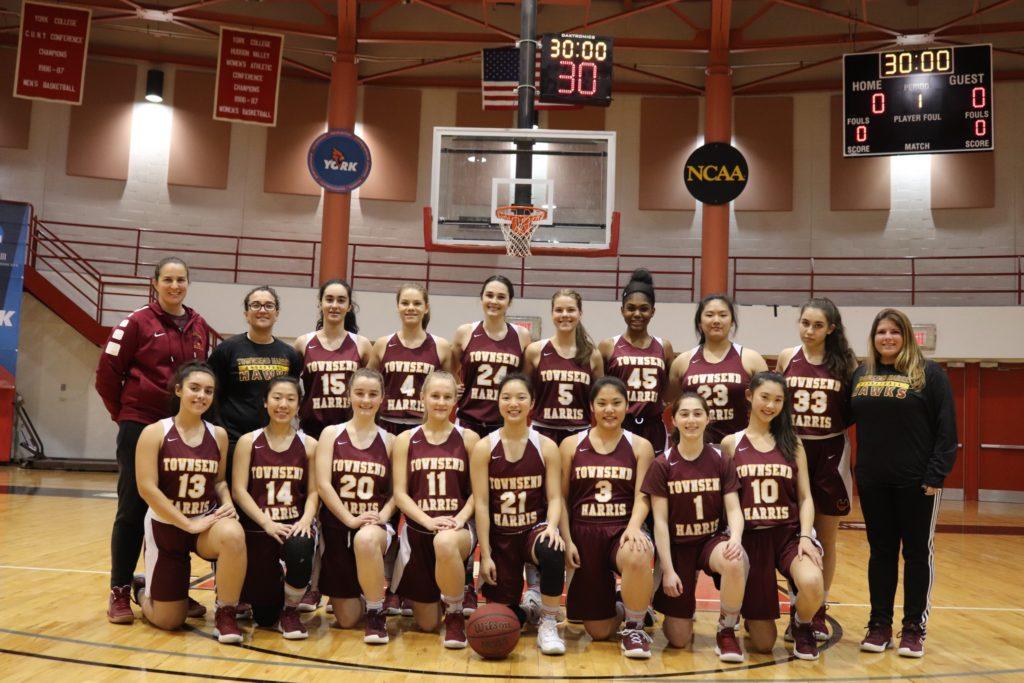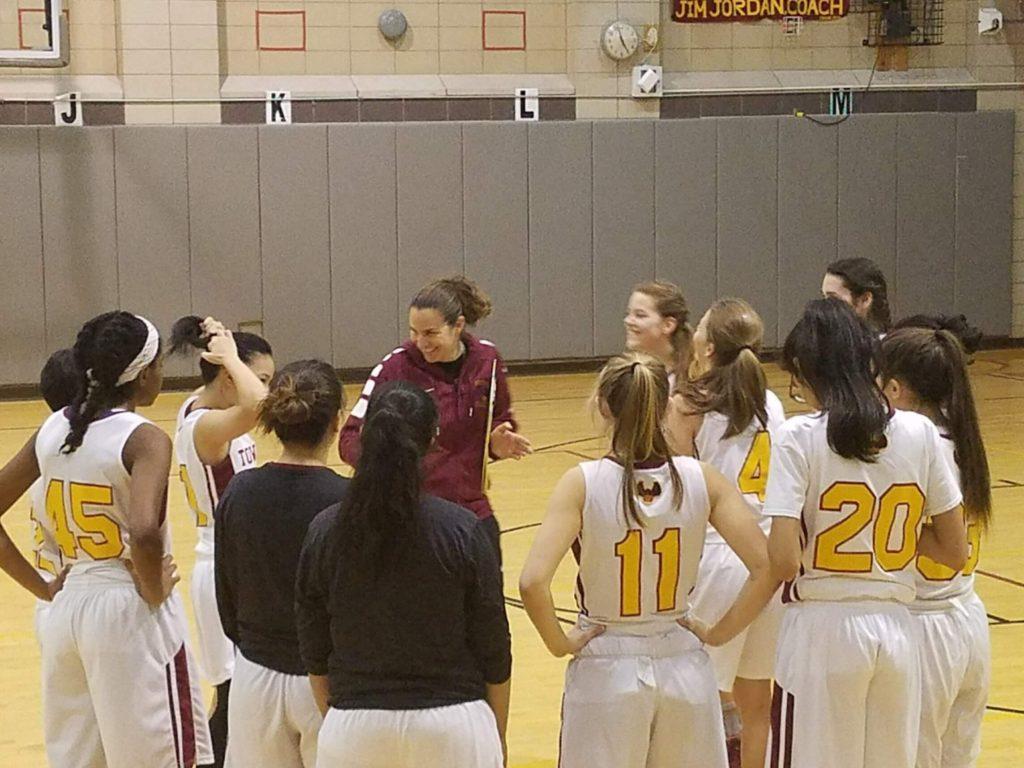
In a city that contains more than 40,000 student athletes, transportation to competitions and practices may present unneeded hardships to a whole team. Despite the use of the Metropolitan Transit Authority, student-athletes across the city consistently struggle to commute to events after school. This has affected numerous aspects of their ability to compete in games and meets.
Most PSAL athletes commute to games via public transportation, using student Metrocards. This presents student-athletes with a variety of problems, most notably punctuality.
Girls softball team member junior Georja Fotiou recounted experiences in which her team had to commute to games over 30 minutes away from school via Metropolitan Transit Authority (MTA) bus, saying that “there were many instances that the softball team almost had to forfeit a game.”
Athletes have tried navigating around the unreliability of MTA services by departing from school early to arrive to games on time, but many feel disadvantaged, as they miss important class time.
Tim David, a senior and multi-sport athlete at Hillcrest High School, explained, “We leave a period early for transportation purposes, but, if the field is very far away, we leave two periods early. The only inconvenience with this is that team players have to consistently miss class and there are academic requirements to stay on a team, so this can sometimes affect a player’s possibilities of being eligible to play.”
In addition to punctuality, the crowded nature of MTA buses and trains increases difficulty for teams on buses. It is challenging to both fit an entire team and carry equipment in a subway car or public bus.
Girls swim team member junior Sabrina Cheng said, “It’s inconvenient to stuff half of a team carrying double the amount of bags onto a crowded bus.”
Due to the tediousness of public transportation, many resort to carpooling, which presents its own problems. Carpooling relies heavily on the willingness and availability of parents and licensed athletes. Furthermore, only a limited number of seats are available, which forces the team to either split up between different methods of travel or use multiple personal vehicles.
Regarding the overall issue, PSAL/DOE Media Coordinator William Mantell believed the current system to be effective. “Schools can provide busing if it meets their needs, and public transportation has been effective in getting our student-athletes to and from PSAL contests,” he said.
Other officials, when asked to comment, echoed this response.
While Townsend Harris does have access to vans, only two teams can use them at once, which often leaves many to resort to these less desirable forms of commuting. Since a number of games and meets take place in surrounding boroughs, riders sometimes run out of rides on their student Metrocards before returning home.
Sabrina suggested that PSAL accommodate these difficulties, saying, “Athletes should get at least four-ride Metrocards for the season.”
Student athletes taking public transportation late at night may also be forced to face the dangers of intra-borough travel; some areas are less tempting than others.
Senior Kevin Turaczy, who wrestles for the Bronx High School of Science, expressed a desire for PSAL to be more involved with assisting athletes, saying provisions for transportation would be “much safer for my team.” He explained that post-game commutes are “even more dangerous because it’s super dark and we are in the Bronx trying to get back to Queens.”
Catholic schools such as St. Francis Preparatory and Holy Cross High School use funds to provide private buses that take athletes safely to games. While PSAL athletes understand that such funding is hard to come by, they believe PSAL should provide some form of transportation to athletes. PSAL allocates a negligible amount of money to sports teams, sometimes only enough to pay for one round of gas expenses. Varsity badminton teams, for example, receive just over 12 dollars in extra funding for their season.
“They should provide us with a school bus at least to get to games,” said Laguardia High School senior and basketball player Samori Harris.
Senior Tanja Miketic spoke somewhat sympathetically: “I think providing a vehicle would be too much to ask for, but the PSAL could award stipends to teams for transportation purposes. We could at least use it as gas money for the vans,” she said.
Other athletes suggested methods of aid that would not cost PSAL a dime, suggesting that if PSAL scheduled games at later times, there would be less of a hassle for teams everywhere.
Krystal Acevedo, a senior and basketball player at Queens Gateway to the Health Sciences High School, said, “Since PSAL is the the one who actually schedules the date and times of games, they should consider the students’ abilities to make it on time, and even try to help them out with this.”





























